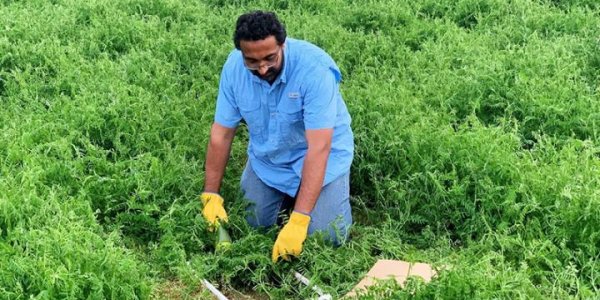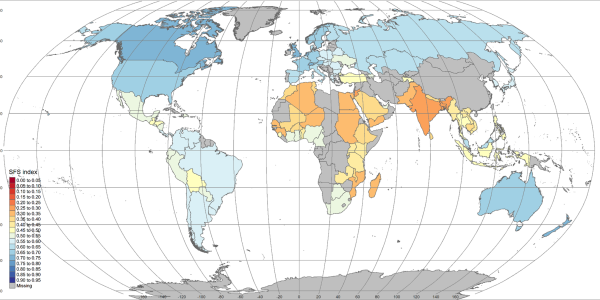The Tree Planting Fad Threatens Ancient Grasslands
When well-meaning people in Madagascar, urged on by poorly-informed environmentalists and carbon credit companies, rushed to plant a million trees in one January day, scientists were outraged. They…













